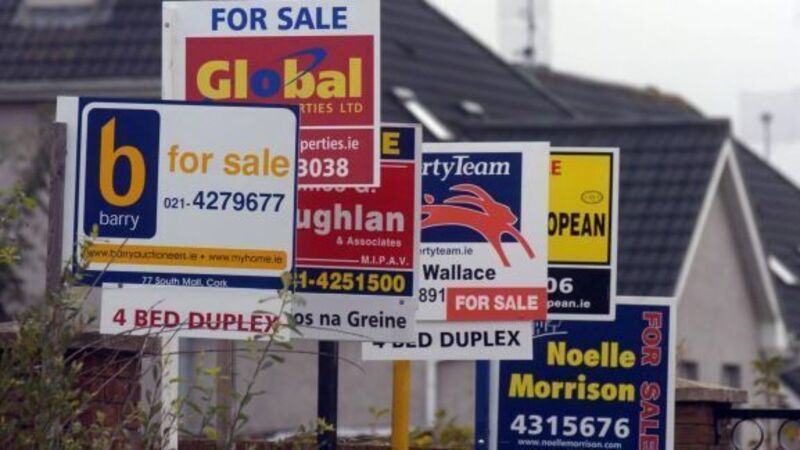Report shows economic recovery not benefitting all

Irish people are more likely to live in substandard housing, pay over the odds for rent, and have trouble accessing healthcare than many of our EU neighbours, according to a new report.
Analysis by Social Justice Ireland says the situation prevails despite the improvement in the economy, proving that that belief in the ‘trickle-down’ approach to social policy is flawed.













